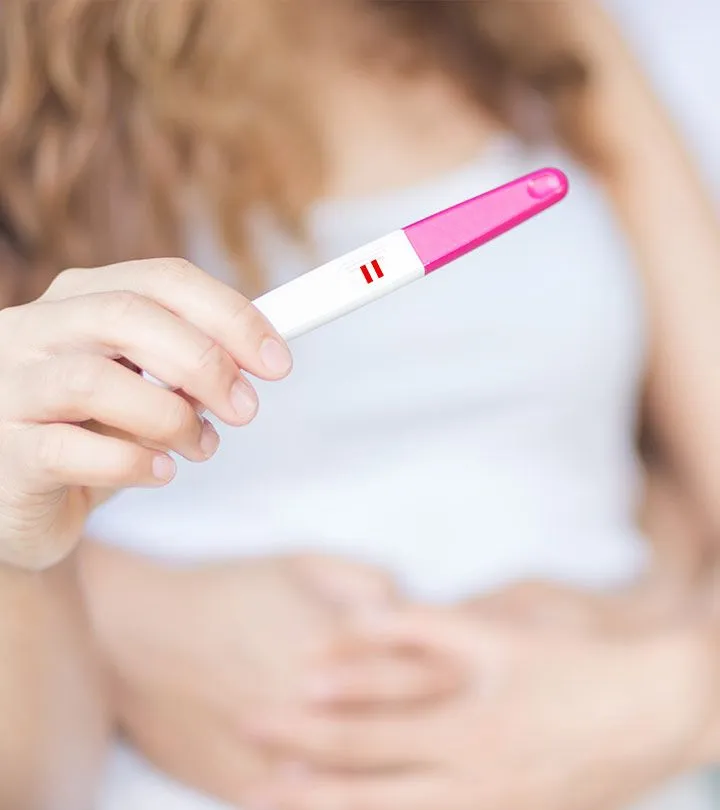Reproductive health is a vital aspect of a woman’s overall well-being. It encompasses a range of topics, from birth control options to fertility awareness methods and the journey through pregnancy and childbirth. In this comprehensive guide, we’ll delve into these crucial aspects, helping you make informed decisions about your reproductive health. We’ll discuss various birth control choices, weighing their pros and cons. Additionally, we’ll explore fertility awareness methods for those seeking natural family planning alternatives. Lastly, we’ll address common concerns and provide insights into the transformative experiences of pregnancy and childbirth. Let’s embark on this informative journey to empower women to take control of their reproductive health.
Birth Control Options: Pros and Cons
When it comes to birth control, there’s no one-size-fits-all solution. Women have a range of options available, each with its own set of pros and cons. Understanding these choices is crucial for making an informed decision:
- Birth Control Pills: These oral contraceptives are highly effective but require daily adherence. Pros include menstrual cycle regulation and reduced risk of certain cancers, but cons may include side effects and the need for a prescription.
- Condoms: Condoms are easily accessible, protect against sexually transmitted infections (STIs), and have no hormonal side effects. However, their effectiveness may vary, and consistent use is essential.
- Intrauterine Devices (IUDs): IUDs are long-acting, reversible contraceptives. Pros include high effectiveness and minimal user involvement, but cons may include insertion discomfort and potential side effects.
- Implants: Birth control implants provide long-term protection and are discreet. They have few user-dependent factors, but some women experience side effects or irregular bleeding.
- Barrier Methods: These include diaphragms and cervical caps. Pros include minimal hormonal interference, but they require proper placement and may be less effective than other methods.
- Sterilization: Tubal ligation or Essure for women and vasectomy for men offer permanent contraception. Pros include long-term effectiveness, but these methods are not reversible.

Fertility Awareness Methods for Family Planning
For those looking for natural family planning alternatives, fertility awareness methods (FAMs) can be a viable option. These methods involve tracking your menstrual cycle and observing bodily signs to determine fertile and non-fertile days. FAMs include:
- Tracking Menstrual Cycles: Understanding your menstrual cycle is the foundation of FAMs. By charting your cycle’s length and ovulation timing, you can identify fertile days.
- Basal Body Temperature (BBT): Monitoring your BBT can help pinpoint the time of ovulation. A rise in temperature indicates ovulation has occurred.
- Cervical Mucus Observation: Changes in cervical mucus consistency provide clues about fertility. Stretchy, clear mucus typically signals fertile days.
- Calendar Method: Calculating fertile days based on past cycle data can be helpful, though it’s less accurate than other FAMs.
Pros of FAMs include hormone-free contraception and increased body awareness. However, they require diligence and may not be as effective as some other methods.
Common Concerns About Pregnancy and Childbirth
Pregnancy and childbirth are transformative experiences in a woman’s life, but they can also raise numerous concerns. Let’s address some common worries and provide insights:
- Morning Sickness: Many pregnant women experience morning sickness. While it can be uncomfortable, it usually subsides after the first trimester. Try ginger or small, frequent meals to alleviate symptoms.
- Weight Gain: Weight gain during pregnancy is normal, but excessive gain can lead to complications. A balanced diet and regular exercise are key to managing weight.
- Labor Pain: The pain of childbirth is a significant concern. Pain relief options, including epidurals and natural techniques like breathing exercises, can help manage discomfort.
- Cesarean Section: Some pregnancies may require a C-section. While it’s a surgical procedure, it can be a life-saving intervention when necessary.
- Postpartum Depression: Postpartum depression affects many new mothers. Seek support from healthcare professionals and loved ones if you experience symptoms.
FINAL THOUGHTS
Reproductive health is a vital component of a woman’s life, encompassing birth control choices, fertility awareness methods, and the journey through pregnancy and childbirth. Each individual’s needs and circumstances are unique, so it’s essential to explore these options and address concerns while consulting with healthcare providers. By understanding the pros and cons of birth control, considering natural family planning methods, and preparing for the challenges and joys of pregnancy and childbirth, women can make informed decisions to prioritize their reproductive health and overall well-being. Remember, your reproductive health journey is a personal one, and being informed is the first step towards empowerment.